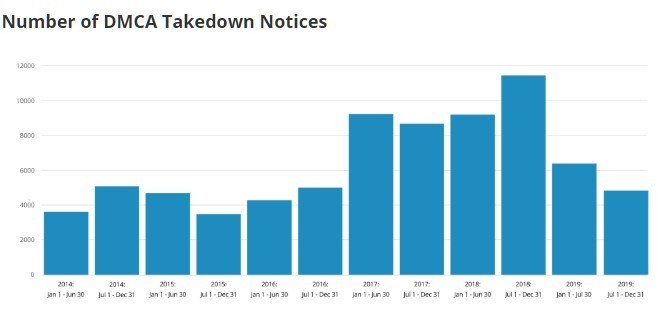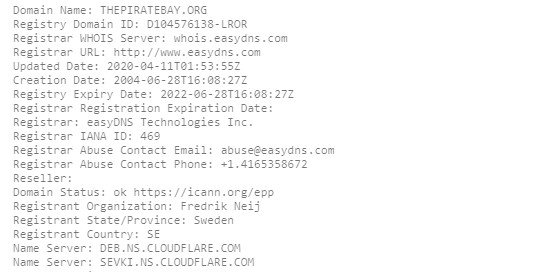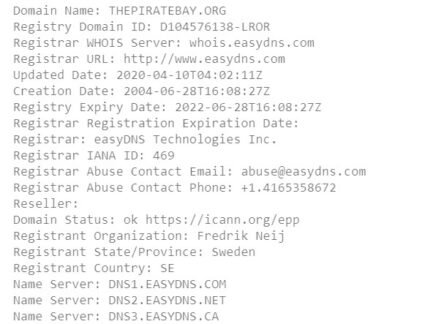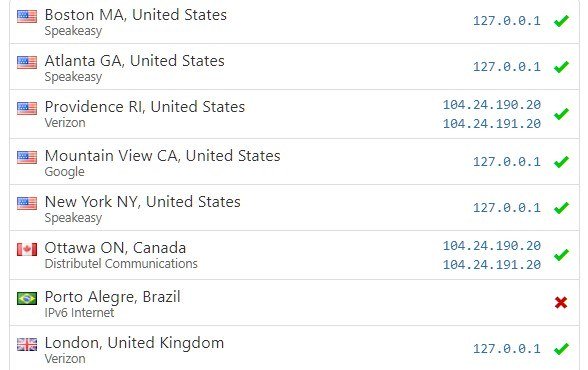WordPress DMCA Takedown Notices Drop But Abuse Remains Prevalent
samedi 11 avril 2020 à 22:35 Automattic, the company behind the popular blogging platform WordPress.com, receives thousands of takedown requests from copyright holders.
Automattic, the company behind the popular blogging platform WordPress.com, receives thousands of takedown requests from copyright holders.
For a number of years, the volume of notices continued to increase but that trend has slowly started to reverse.
This week, the company published its latest transparency report, revealing that it had processed 11,220 takedown notices during 2019. That is a significant drop compared to a year earlier when over 20,000 notices were handled.
Unlike other services, Automattic only reports the number of notices it receives for WordPress.com. Each of these notices can contain multiple URLs, in some cases even dozens.
The takedown notices are sent in by a variety of copyright holders. The most prolific sender was Image Protect, an anti-piracy service for photographers, followed by familiar names including the music groups IFPI and BPI.
Looking at the longer-term trend, we clearly see a decline in the number of takedowns requests, which reached an all-time high two years ago. The drop in numbers is in line with what other Internet services have noticed recently, including Google.

It is worth noting that not all takedown requests are blindly accepted, with Automattic keeping a close eye on errors. This results in a relatively high rejection rate. Of all notices, more than three quarters didn’t result in any content being removed.
The vast majority of the notices were rejected because they were ‘incomplete,’ meaning that some info was missing, and roughly 7% were classified as ‘abuse’.
“‘Abusive’ notices may be formally complete, but are directed at fair use of content, material that isn’t copyrightable, or content the complaining party misrepresents ownership of a copyright,” Automattic explains.
Since Automattic began counting complaints in 2014, the company has processed 75,837 DMCA takedown requests. More than two-thirds of these were rejected and for the remaining 33%, no content was removed.
Whether the drop in the number of received notices for WordPress.com will continue to decrease remains to be seen. Although a similar pattern emerges at other services as well, it’s certainly not universal. For example, Reddit reported the opposite just a few weeks ago, with the number of takedowns increasing 500% in just a year.
Drom: TF, for the latest news on copyright battles, torrent sites and more. We also have an annual VPN review.

 Over the past several weeks, The Pirate Bay has suffered prolonged downtime. For many people, the popular torrent site was completely
Over the past several weeks, The Pirate Bay has suffered prolonged downtime. For many people, the popular torrent site was completely 
 The Pirate Bay’s original and main domain has been unreachable for
The Pirate Bay’s original and main domain has been unreachable for 

